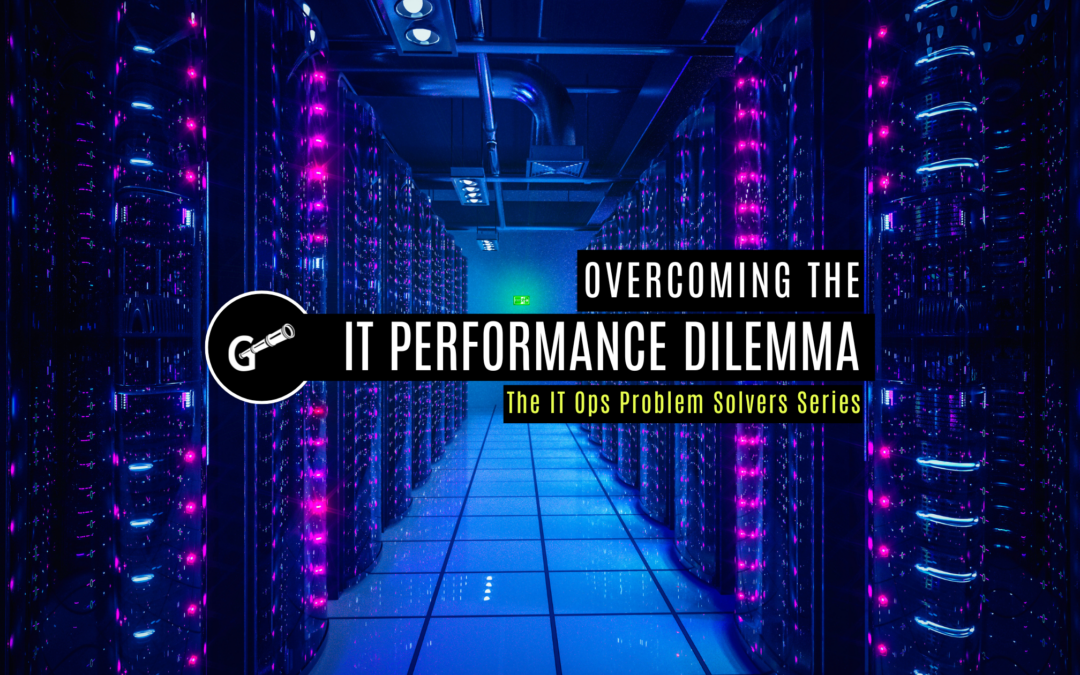For decades, many of the world’s top enterprises have trusted IBM® Power® Systems to run their mission-critical applications. IBM’s proprietary Unix operating system, AIX®, is widely used in enterprise IT environments for its reliability, availability, and serviceability (RAS). As a result, performance optimization of AIX infrastructure is crucial.
However, even experienced administrators can overlook potential misconfigurations that can significantly impact system performance and resource utilization. This is where our comprehensive infrastructure monitoring tool, Galileo, comes into play. Designed specifically for AIX environments, Galileo helps identify and resolve these hidden issues, ensuring your AIX systems run at peak efficiency.
In this post, we will explore the key metrics Galileo monitors to uncover possible AIX misconfigurations and illustrate how these insights contribute to effective AIX performance optimization.
Critical Metrics for Effective AIX Performance Optimization
Effective monitoring and visualization of key metrics can be the difference between optimal AIX performance and poor performance. By focusing on these critical metrics, Galileo can help ensure that your AIX environment runs efficiently and effectively, minimizing performance bottlenecks and maximizing resource utilization.
1. Virtual Processors Greater Than Pooled
Galileo checks if an LPAR (Logical Partition) has more virtual processors than allocated in its associated processor pool. This discrepancy can lead to suboptimal resource allocation, affecting the overall performance of your environment.
2. Capped Entitlement vs. Virtual Processors
Galileo performs several checks to ensure the capped entitlement is appropriately set in relation to the number of virtual processors (VP):
- Capped Entitlement < # VP: This check verifies if the capped entitlement is less than the number of virtual processors. For instance, with an entitlement of 2.0 and four virtual processors, processor utilization will max out at 50%, causing potential CPU resource shortages.
- Capped Entitlement < 25% / 50% / 75% / 100% # VP: These incremental checks break down the ratio of VPs to Entitlement, ensuring that the capped entitlement is optimized for the number of virtual processors. Misconfigurations here can lead to underutilized CPU resources, impacting performance.
3. Shared, Uncapped, and Weight of 0
Galileo identifies LPARs that are shared and uncapped but have a weight of 0. A weight of 0 effectively caps the LPAR, which might not be the intended configuration, leading to unnecessary resource limitations.
4. VIO CPU Entitlement Weight Not Optimized
For Virtual I/O Servers (VIOS), Galileo checks for CPU weights less than 255. A lower weight can indicate suboptimal performance, as VIOS handles a significant amount of I/O operations and requires adequate resources.
5. Fiber Adapter Running vs. Supported Speeds
Galileo examines fiber adapters to ensure they are operating at their supported speeds. For example, a 4 Gbps adapter running at 2 Gbps indicates a potential configuration issue, leading to reduced data transfer rates.
6. Unoptimized Adapter Max Transfer Size
Fiber adapters with a max transfer size of less than 16 MB (0x100000) are flagged as this configuration can limit data transfer efficiency, affecting overall system performance.
7. Unoptimized VIO FC Adapter num_cmd_elems
Galileo checks the queue depth of fiber channel adapters on VIOS, ensuring it is not less than 2048. A larger queue depth is necessary for VIOS due to the high volume of concurrent I/O operations they handle. Insufficient queue depth can lead to I/O bottlenecks and degraded performance.
Enhancing Performance with Galileo
Maintaining an optimally configured AIX environment is essential for leveraging its full potential. Galileo Suite provides comprehensive checks to uncover possible misconfigurations, ensuring your system’s performance and reliability. You can avoid common pitfalls and keep your AIX environment running smoothly by addressing issues such as virtual processor allocation, entitlement ratios, and fiber adapter configurations.
Ready to experience the benefits of AIX performance optimization firsthand?
Sign up for a free 30-day trial today and see how Galileo can help you maintain a well-tuned AIX infrastructure capable of meeting your organization’s demands. Don’t miss this opportunity to enhance your system’s efficiency and reliability.




